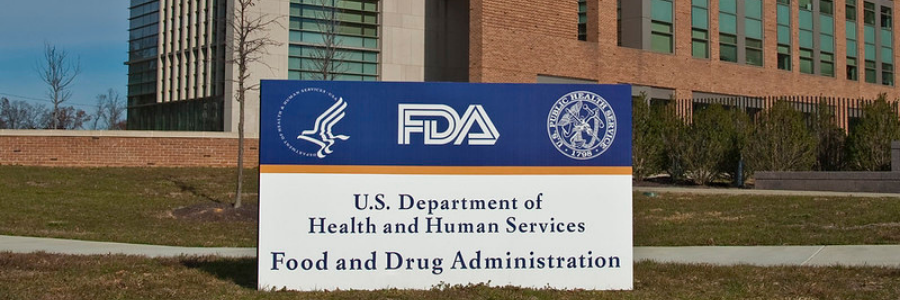Policy Summit Speakers Offer Strategies to Deal With the Challenges of Accelerated Approval
ASGCT Staff - October 06, 2021
FDA's accelerated approval program allows for early approval of drugs and biologics that treat serious conditions with a lack of alternate treatments.

“Accelerated approval is full approval,” emphasized Richard White, policy analyst at the National Organization for Rare Disorders (NORD) at ASGCT’s Policy Summit last month. This statement has been made by both Congress and FDA, according to White, who explained that accelerated approval does not represent a lower standard for FDA.
These comments were part of a session at the event on the regulatory and payment policy issues surrounding FDA’s accelerated approval program. To level set for attendees, Nancy Bradish Myers, JD, CEO at Catalyst Healthcare Consulting, said the program allows for early approval of drugs and biologics that treat serious conditions with a lack of alternate treatments, based on a surrogate endpoint that is reasonably likely to predict clinical outcomes in post-market studies. Under the program, 269 products have been approved to date, with only 16 withdrawn, as of the end of 2020.
The advantage speakers noted is that therapies may go through clinical trials and get to patients who may benefit two to three years sooner than through traditional approval. The challenges include meeting CMC requirements within the compressed timeline and payer denial of coverage based on calling them investigational, which FDA has stated they are not, according to Bradish Myers. Ani Khachatourian, PharmD, strategic business consultant, specialty pharmacy at Highmark Blue Cross Blue Shield, also pointed out that tracking patients long term for post-market confirmatory studies is difficult.
To address the challenges of the program, several speakers recommended strengthening post-market confirmatory trial data requirements and processes in the following ways:
-
Allow real-world evidence to support conversion to traditional approval, suggested by Bradish Myers, White, and Khachatourian
-
Create more rigor surrounding confirmatory trials, per Khachatourian
-
More specifically, enact periodic progress review of confirmatory studies by FDA, proposed by White, with Bradish Myers also suggesting giving FDA more leverage over post-marketing commitments
-
Increase the use of digital health, which may help promote more precise and timely data collection, according to Khachatourian
Additional ways to solve coverage issues for therapies receiving accelerated approval include to:
-
Reconsider labeling to indicate that the therapy meets FDA standards, and that FDA found benefit to outweigh risk, per Bradish Myers and White
-
Provide more education to policymakers on the benefits of the program, as identified in a recent NORD report on the topic
-
Hold early discussions between developers and payers on value demonstration, as suggested by Khachatourian
The Medicaid and CHIP Payment and Access Commission (MACPAC) has recommended to Congress a larger rebate to Medicaid programs through the Medicaid Drug Rebate Program for products receiving accelerated approval, according to Anne Schwartz, PhD, MACPAC’s executive director, during the summit. However, doing so could disincentivize use of the program, according to some stakeholders, including rare disease patients, who rely on innovation for the development of new treatments, according to White.
Miss sessions from the Policy Summit? All registered attendees can watch the content on demand through Oct. 24.
Related Articles